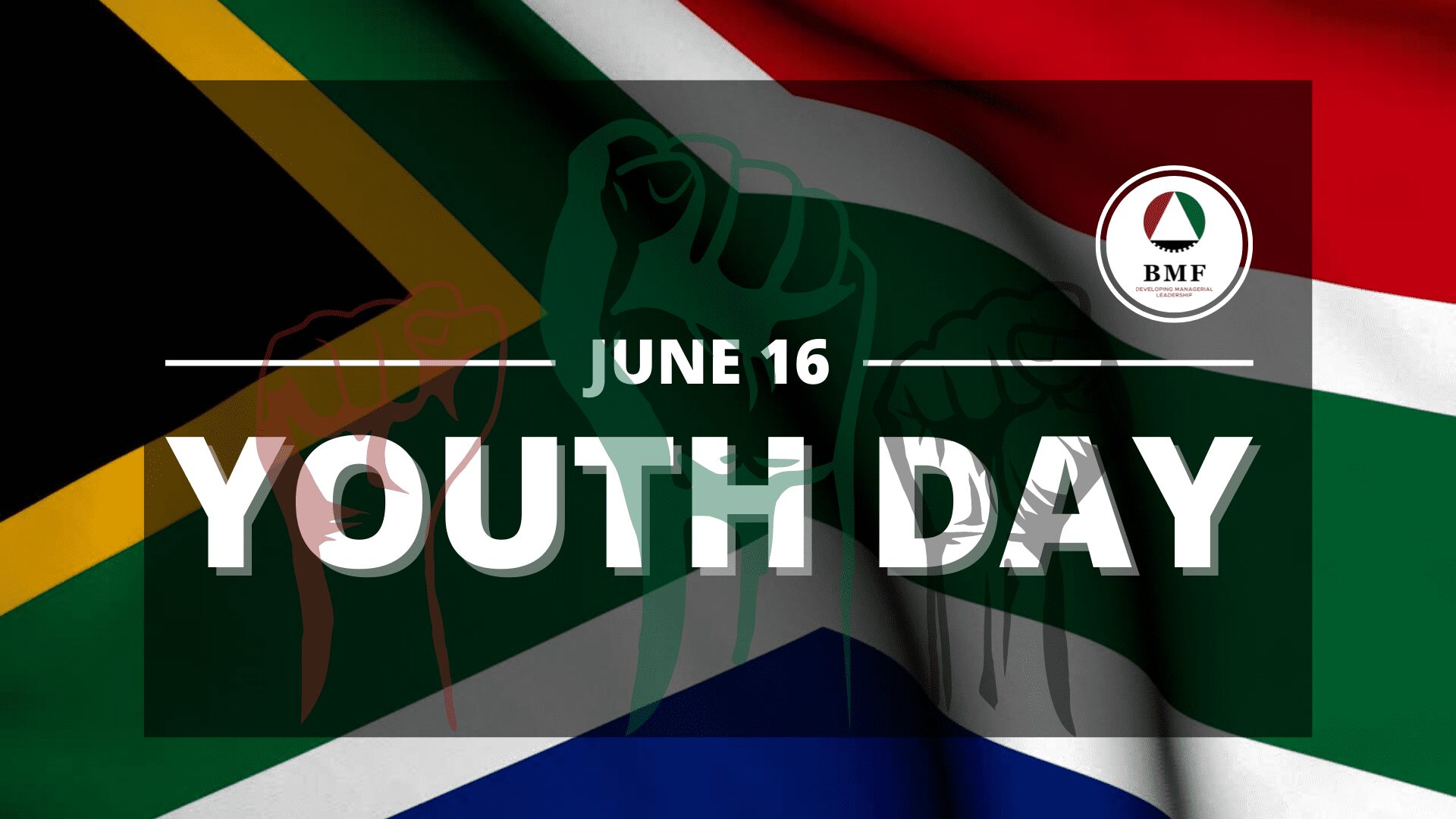Youth month has entered our space, and like every other public holiday in South Africa, it is fast losing its true value. Many celebrations are aligned to wearing uniform from primary and high school to commemorate the stance taken by the youth of 1976. The uniformity around displaying your old school regalia strikes a certain tone of remembering the old school days. This tone also raises related issues such as disliking education and questioning its purpose or appreciating its necessity. The question today is, what “uniform” will be worn by the youth of today in shaping their contribution to the country?
The universe is a great example of uniformity and precision. The sun does not move out of its position, it remains resolute in providing light to the earth, as the earth rotates on its axis. The starts shine together and in chorus, having their unique sizes within the universe. Similarly, the month of June should be a point of reflection and departure, where we collectively define our “uniform” for the benefit of our collective mandate. Where young people shine brightly likes stars in every corner of our society, especially in the economy.
The economic arena needs greater focus in order to create many more shining youth stars. The ongoing debate on driving youth entrepreneurship in my view is slightly misplaced. Although we need more businesses that are youth controlled, we need to focus on specialisation instead. We need to acknowledge that entrepreneurship is not for everyone and that you cannot teach a young person to be an entrepreneur. What is usually taught about entrepreneurship is based on other skills needed to make that business a success. The stories of great black business leaders can inspire the young to create value through profit-making, but the skill to be an entrepreneur is unique. Specialisation needs to take centre stage when confronting skills development in the country. We need to focus on the key economic drivers and the skills that are needed by those industries.
This approach will better serve the interest of the country in the long-run. A brief outline of the key economic drivers of the country; finance-24%, Personal Services-17%, Trade-13%, Manufacturing-13%, Government-9%, Mining-8%, Transport-7%, Electricity, gas and Water-3%, Agriculture-3%, Construction-3%. These industries contribute to GDP, and our specialisation agenda should follow these industries. Through the Broad-based Black Economic Empowerment Act, youth must be prioritised in ownership, ESD and skills development. All these industries need to focus on these three elements to build youth skills and businesses. The Presidential drive for youth jobs, where President Ramaphosa allocated around R76 billion over three years should follow this specialisation agenda within these industries. The B-BBEE Commission has also come out more recently about how around R11 billion has been used for skills development, yet the impact cannot be clearly seen and felt. We must champion a specialist agenda, with a matter of urgency.
It is pleasing to see that the youth voice in the country is beginning to gain momentum, with the likes of the South African Youth Economic Council and the NYDA having their influence. This is a good indication, amongst other youth formations, that the need to focus on the economy is crucial, from a youth perspective. Let the youth formations recalibrate their roles annually during the month of June. This could be called the Youth Realignment Imbizo, where all youth formations gather to critique and shape the different organisations, even suggest others to be closed or merged with others. This work is needed.
On networking, we need to apply the circle concept. A circle suggests that we are all equal, we all worthy to be listened to, because we are all facing each other. The circle concept exposes that no one stands behind the other, but that we face each other. These fancy dinners and events that we think are great networking opportunities will not change the economic fortunes of our country. We are becoming too “middle class” in our approach to networking, thinking that dinners will provide that opportunity for everyone to meet new leaders. Fancy dinners and events create a leadership buffer, that lacks life and purpose. Our understanding of networking needs to expand beyond events, but to circle engagements. These engagements should bring together black leaders and the youth, to share information and create long lasting links. Dinners do not do such, they create one dimensional conversations and very little time to meet leaders. We must do better in our convening as black people.
The leadership practice for a new generation should entail a specialist agenda, just like the sun, moon, and the stars are specialists in their roles, so must be the youth of South Africa, specialists in industry, in politics, in business, in ideas, and in implementation, underpinned by good social values and ethics. Having the DNA of justice, equity, and fairness.
The future is as bright as the starts above, but it needs us all to be stars down here below.
#BMFStudentChapter #BMFYoungProfessionals #YouthDay2022 #YouthDay






